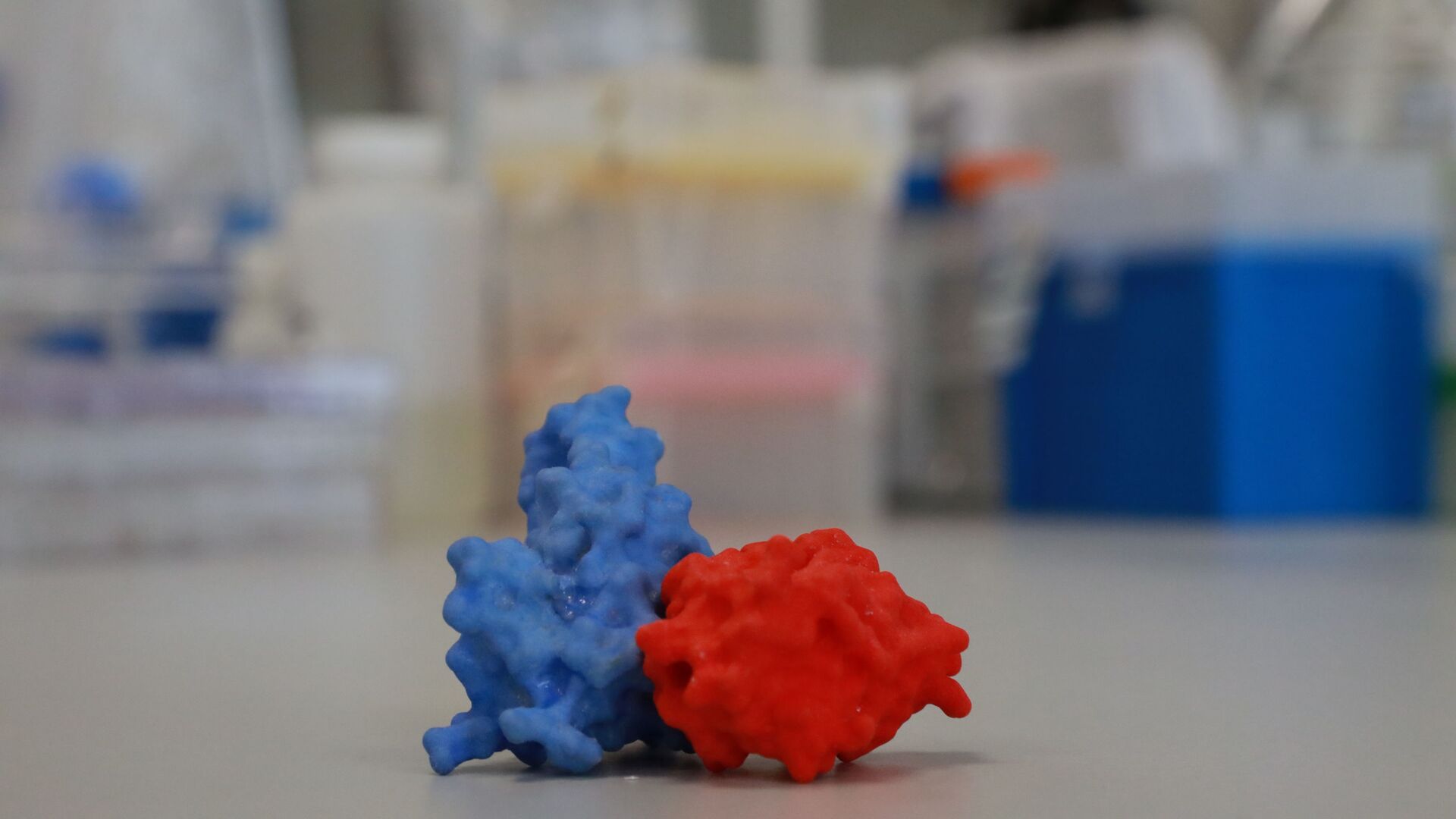Covid Can Cause Body to Produce Antibodies That Attack Our Immune System, Study Finds

© REUTERS / Bart Biesemans
Subscribe
Since its discovery in late 2019, COVID-19 has contributed to the deaths of over 5.4 million people, crashed economies around the world and led to unparalleled restrictions on freedoms, with scientists still making new discoveries about the virus and its mutations and continuing to debate health policy.
The immune response triggered by SARS-Cov-2 – the infection that causes COVID-19, can lead to the creation of a kind of harmful antibody known as ‘autoantibodies’ which attack the body’s own healthy tissue, proteins and organs, researchers at the Cedars-Sinai Medical Center in Los Angeles, California have concluded.
In their study, published in the peer-reviewed Journal of Translational Medicine in December, researchers determined that their entire sample of 177 individuals with confirmed SARS-Cov-2 infection showed elevated levels of autoantibodies, as much as six months after complete recovery, compared to a control group of samples taken from 53 healthy individuals before the pandemic.
“These patterns of immune dysregulation could be underlying the different types of persistent symptoms we see in people who go on to develop the condition now referred to as long COVID-19,” study coauthor Dr. Justyna Fert-Bober, a researcher at Cedars-Sinai’s Smidt Heart Institute, explained in a press release.
“We found signals of autoantibody activity that are usually linked to chronic inflammation and injury involving specific organ systems and tissues such as the joints, skin and nervous system,” Dr. Susan Cheng, another of the paper’s coauthors, elaborated.
Typical long-Covid symptoms include can include fatigue, chest pains, shortness of breath, brain fog, insomnia and dizziness.
The study showed that levels of elevated autoantibodies varied between men and women, with men shown to be more at risk of complications.
“On the one hand, this finding is paradoxical given the autoimmune conditions are usually more common in females. On the other hand, it is also somewhat expected given all that we know about males being more vulnerable to the most severe forms of COVID-19,” Fert-Bober said.
Researchers now want to expand their research to find out more details on the kinds of autoantibodies persisting in long-haul COVID-19, and, crucially, the impact of breakthrough cases caused by leaky vaccines in generating autoantibodies. The current study was conducted before the mass rollout of vaccines. If a connection between autoantibodies and vaccines themselves can be determined, it could have a major impact on public health policy – particularly in those nations seeking to achieve high or even total inoculation. Numerous studies, both before the pandemic and since, have pointed to potential risks of autoantibody release as a result of vaccination.
“If we can better understand these autoantibody responses, and how it is that SARS-CoV-2 infection triggers and drives these variable responses, then we can get one step closer to identifying ways to treat and even prevent these effects from developing in people at risk,” Dr. Cheng concluded.
